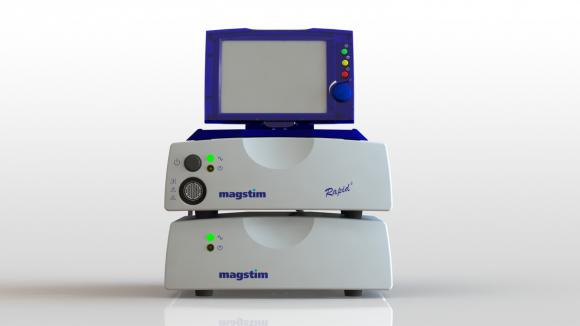Knee osteoarthritis (OA) is prevalent and knee replacement surgeries are increasing. Quadriceps weakness is one of the most modifiable risk factors and treatments for knee OA, but strengthening efforts are limited by neural mechanisms that contribute to persistent quadriceps inhibition and pain. Interventions that affect neural mechanisms may serve as valuable adjuncts to exercise for quadriceps weakness. However, there is a considerable gap in our understanding of how to effectively treat knee OA-related quadriceps inhibition and how critical factors such as pain sensitization and catastrophizing interact with motor inhibition to influence quadriceps voluntary activation, strength, and function in knee OA. A critical first step is to establish a comprehensive infrastructure to explore factors that contribute to persistent quadriceps weakness with knee OA. The objective of this research is to overcome natural barriers to strengthening quadriceps muscles weakened with knee OA and to provide laboratory and clinical methods to evaluate deficits and treatment efficacy. Our intervention approach is innovative because repetitive transcranial magnetic stimulation (rTMS) can increase motor excitability in neurological conditions such as stroke and can relieve chronic pain, but rTMS has not been applied to rehabilitate knee OA. We hypothesize that rTMS over the primary motor cortex will increase motor excitability and interfere with the knee OA-related inhibition of maximal quadriceps contraction and reduce pain. The proposed study will initiate this research program and develop pilot statistics to facilitate the design of a large scale, prospective, randomized controlled trial of treatments that replace or delay invasive, irreversible interventions for knee OA.

Contact Person
Deborah L. Givens (PI) and email is dlgivens@med.unc.edu
Investigators and Key Personnel
Deborah L. Givens (PI), Brian Pietrosimone (Co-I), Rick Gracely (Co-I), David Berkoff (Co-I), Lauren Porras (Co-I), Kinh Truong (Co-I)
Primary Funding Source
Administration for Children, Youth and Families
Comments:
Other Institutes/Departments: Center for Pain Research and Innovation, Department of Orthopaedics Funding source: NCTraCS Type of research: translational Setting: laboratory
